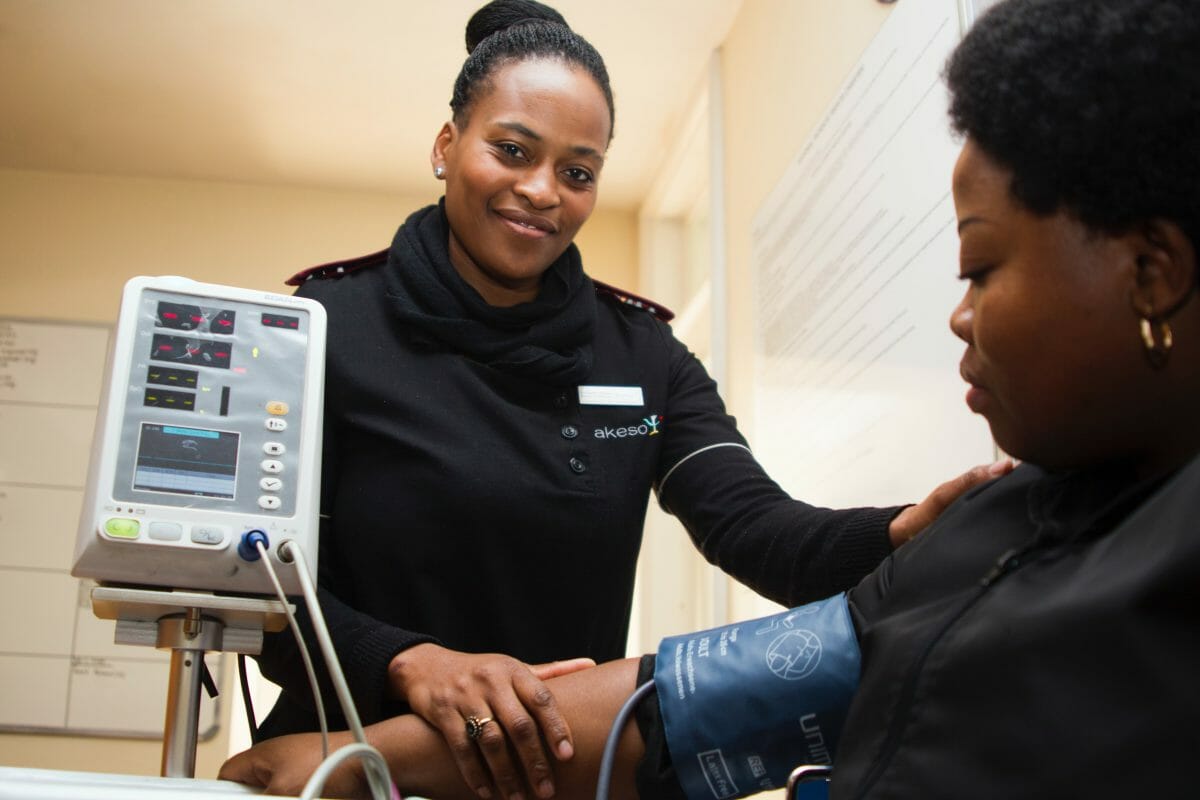So you’re thinking about a career in healthcare? That’s great! The healthcare sector is one of the fastest-growing industries in the world, and there are plenty of opportunities for talented and ambitious professionals. But before you make any decisions, it’s important to ask yourself some tough questions and do your research.
In this blog post, we will discuss some tips on how to know if a career in healthcare is the right fit for you. Stay tuned!
1. Do your research
When it comes to making such a big decision, it’s important to do your research. That means taking the time to learn about the different types of healthcare careers, the educational requirements, and the job market. It’s also a good idea to talk to people who are already working in the healthcare sector. They can give you an insider’s perspective on what it’s really like to work in this field.
2. Consider your goals
What are your long-term career goals? Do you want to work in a hospital or clinic? Do you want to be a research scientist? Or maybe you’re interested in working for a pharmaceutical company. The professionals behind UOW say that there are many different types of healthcare careers, so it’s important to consider your goals before making any decisions. If you’re not sure what you want to do, that’s okay! Take some time to explore the different options and see what interests you.
And remember, your goals can always change over time. So if you’re not sure about something now, that’s okay. Just keep an open mind and be willing to explore new possibilities.
3. Consider your skills
What are your strengths and weaknesses? Do you have experience working with patients? Are you good at problem-solving? Do you have a background in science or medicine? Consider your skills and experience when deciding if a healthcare career is right for you. If you don’t have the necessary skills or experience, that’s okay! There are plenty of ways to gain the knowledge and experience you need. You can take classes, participate in internships, or even volunteer at a local hospital or clinic.
No matter what, it’s important to be honest with yourself about your skills and abilities. That way, you can set realistic goals and expectations for your healthcare career.
4. Consider the job market
The healthcare sector is growing rapidly, but that doesn’t mean there are plenty of job opportunities. Before making any decisions, it’s important to consider the current job market. Do some research and find out if there is a demand for the type of healthcare professional you want to be. You can also talk to a career counselor or someone who works in human resources in the healthcare industry. They can give you an idea of what the job market looks like and what types of jobs are available. For instance, if you’re interested in working as a nurse, find out if there are any nursing shortages in your area.
5. Consider the lifestyle
A healthcare career can be very demanding, both mentally and physically. It’s important to consider the lifestyle you want before making any decisions. Do you want a career that will allow you to have a flexible schedule? Do you mind working long hours? Do you want to travel or live in a certain area? Consider your lifestyle when deciding if a healthcare career is right for you. Additionally, keep in mind that your lifestyle may change over time. So if you’re not sure about something now, that’s okay! Just be open to the possibility of change in the future.
6. Get advice from professionals
If you’re still not sure if a healthcare career is right for you, it’s a good idea to get advice from professionals. Talk to your family and friends, and see what they think. You can also talk to a career counselor or someone who works in the healthcare industry. They can give you an insider’s perspective on what it’s really like to work in this field. And remember, there is no wrong answer! Ultimately, the decision of whether or not to pursue a healthcare career is up to you.
Now that you know some tips on how to know if a career in healthcare is right for you, it’s time to do your research and make a decision. No matter what you decide, remember that there are many different types of healthcare careers and plenty of opportunities for talented and ambitious professionals. So whatever you decide, just be sure to stay true to yourself and follow your dreams. Thanks for reading!
